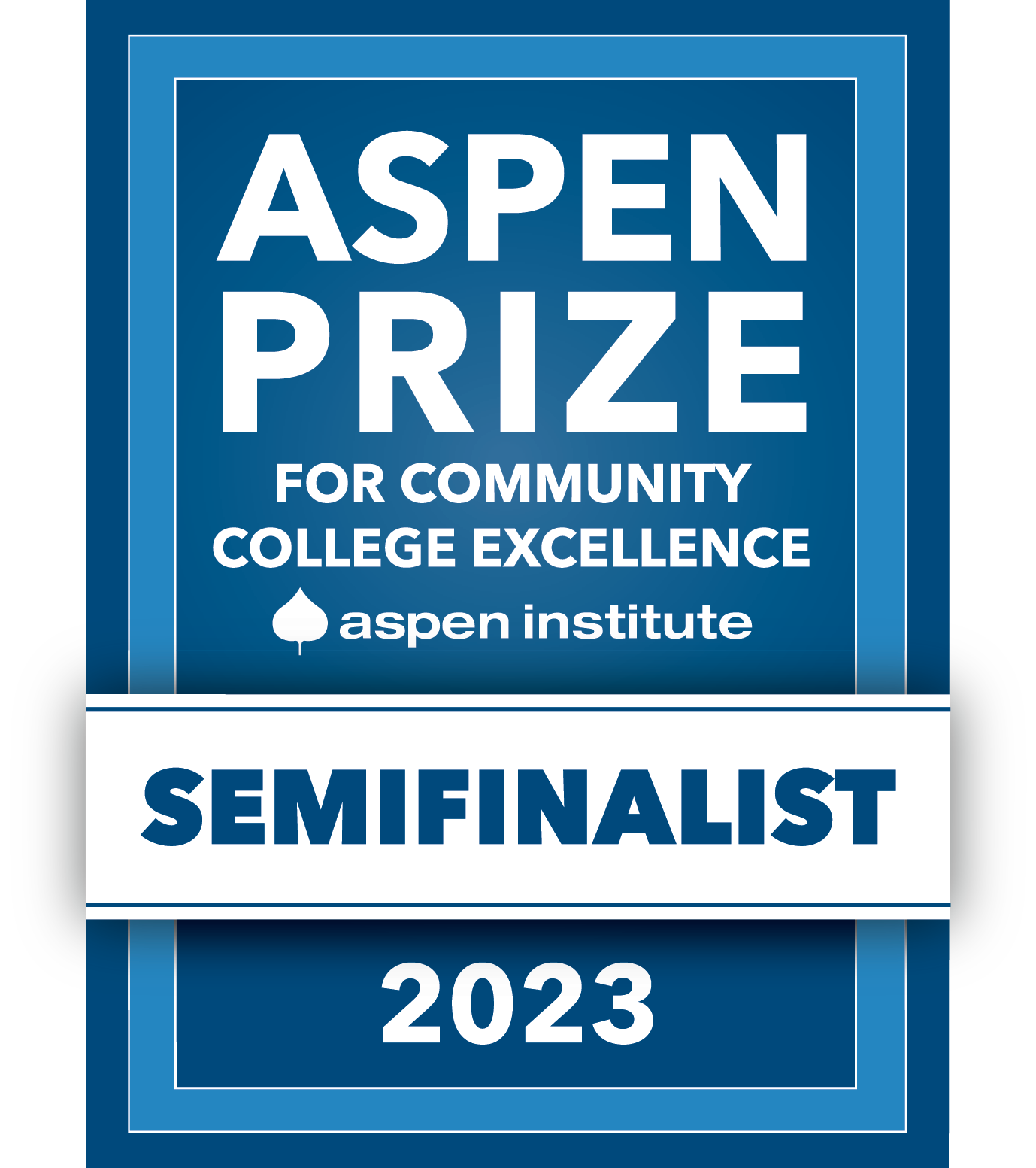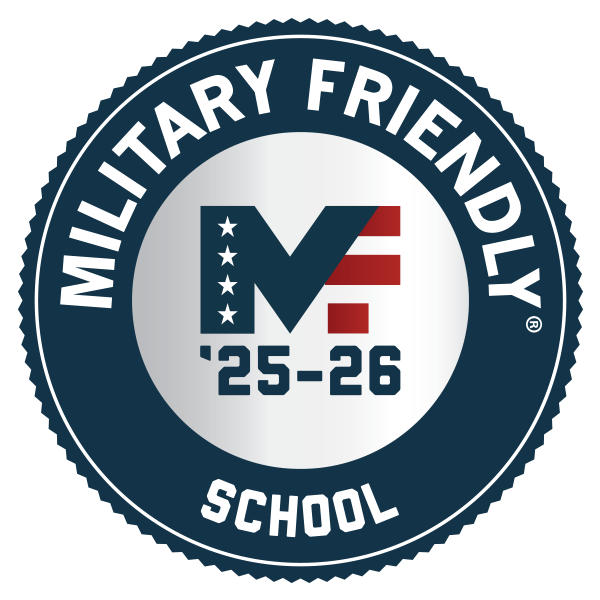- Welcome
- Campus Maps
- History
- Mission Statement
- Accreditation
- Administration
- Employment
- Human Resources Employment Process FAQ
- Position Vacancies
- Salary Schedule (PDF)
- Employee Benefits
- Paid Holidays
- Employee Handbook (PDF)
- Faculty Handbook (PDF)
- BENCOR Special Pay Plan (PDF)
- Social Security Collection and Usage
- Affordable Care Act Notice (PDF)
- Social Security Disclosure Summary (PDF)
- Tobacco-Free College
- Drug-Free Workplace & Campuses
- Technology Usage Acknowledgement (PDF)
- Employee Safety Manual (PDF)
- SFSC’s Annual Security and Fire Safety Report (PDF)
- Calendars
- News
- Social Media
- Honoring Our Retirees
- Celebrating Our Trustees
AVON PARK, Fla. – April 18, 2017 – Of the nine students who are set to graduate from South Florida State College’s Dental Hygiene program, 100 percent passed the required National Dental Hygiene Board Examination.
In fact, over the last three years, SFSC Dental Hygiene students have had a 100 percent pass rate on the national board exam.
The national board exam is an eight-hour written exam that covers every dental education course that the students took over two years.
“The significance is that once a student passes the national board exam, they can sit for the state board exam—the Florida State Clinic Licensure Examination—and then become licensed,” said Dr. Deborah Milliken, chair of SFSC’s Dental Education Department. The state board exam is administered by the state of Florida and is a practical exam.
“A student can graduate from a program, but if they aren’t licensed, they can’t practice as a dental hygienist anywhere in the United States.”
Dr. Milliken said that upon passing the national board exam, students will take the three components of the state board exam.
“The first portion of the state board exam is computerized, which is similar to the national exam only constructed by the state,” said Dr. Milliken. “The second component is a laws and rules exam, covering Florida law.”
According to Dr. Milliken, the third part is the most difficult portion of the exam because it covers patient treatment. To take the patient portion, students must have graduated from a Dental Hygiene program and passed the national board exam.
For the third component of the state board exam, students take a patient to a designated treatment site. The students select the portion of the patient to treat based on specific criteria from the examiners. According to Dr. Milliken, the exam at this stage is stressful because the guidelines are complex, and the exam is timed.
“Because licensure is such an important aspect of making certain that our health care providers are knowledgeable and competent, we take that whole process seriously at SFSC,” Dr. Milliken said. “We are proud that our Dental Hygiene students prove themselves every year and go on to become skilled clinicians serving our communities.”
SFSC launched its Dental Hygiene program in fall 2003. The Associate in Science degree in dental hygiene program takes approximately two years to complete. For more information about the program, call 863-784-7131.




